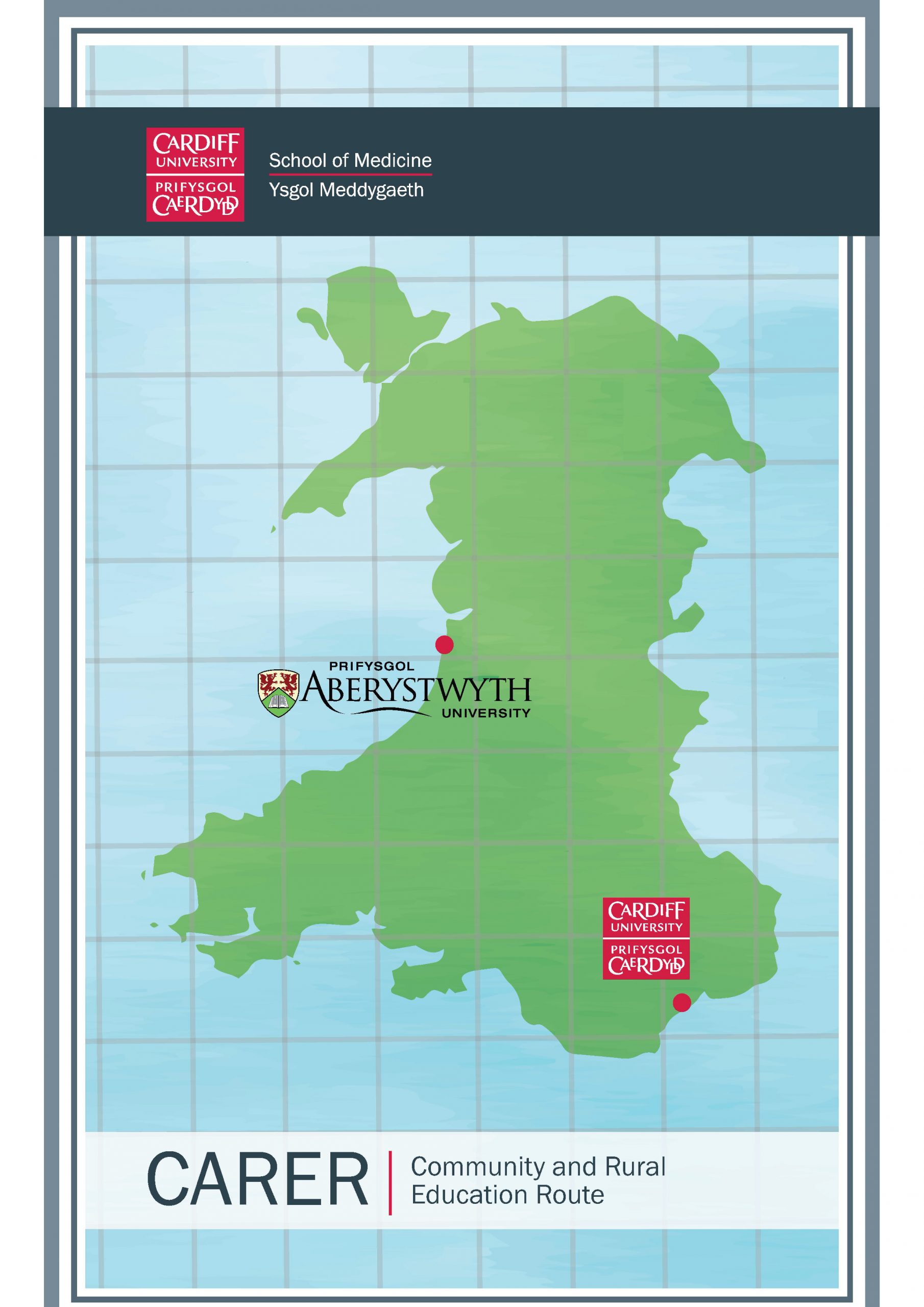February, Aberystwyth
8 March 2019February has come and gone in what feels like no time at all. In fact, it is already fading in my mind as a blurred combination of all the patients I saw, all their symptoms and presentations slowly combining until everything is mixed up. And it is patients that seem to define my time: now that I regularly see them for my own consultations (as well as doing things like taking blood for lab investigations) I seem to be keeping tabs on them in the back of my head. Men and women that I saw in November, or January now come back to see me, either because they’re still unwell from last time or something else has come up since.
Sometimes I remember them the second I see their name on the list. Other times, I quickly read their notes before calling them from the waiting room, and see my own name in their notes, my own confused and poorly spelled history-taking, and that consultation jumps sharply into my mind. If I’m just sitting in with one of the G.P.s or the practice nurses, I might not remember them until they walk through the door – and then it all comes back in an instant.
The effect of seeing patients repeatedly has been gradual. I didn’t notice it at first, but one day I realised that as I drove home I was thinking about how these patients were when they left the surgery, when they went home to their families and so on. I realised that before this occurred I had thought of most patients as just materialising on the doorstep of the surgery in a puff of grey smoke, and leaving the surgery in exactly the same way. When I see patients again I have to mentally adjust, and admit to myself that they are very real human beings that in the time between visits to the surgery have lives of their own.
Next week we begin our second two-week placement in Bronglais hospital. I will be in A&E, and others who did the same thing in November will instead be in general surgery. A&E is generalist – just like general practice – but I can’t help thinking that for the most part, if you’re lucky when you work in A&E you hope you don’t see your patient again. You hope that they will be healthy enough in the future that they won’t have to come back.
After helping me with management of a case, one of the locum G.P.s turned and said to me,
“Do you know what you have in general practice, that you don’t get most of the time in a hospital?”
No, I said.
“Time. If you cannot figure out what is going on, or if you want to check something, or if you are worried that a little voice in the back of your head is telling you that this case just doesn’t add up, you still have time. You can book a patient back in, and review them.”
I am looking forward to A&E as a different way of treating patients, as well as hopefully seeing different presentations. You might not have as much time in a hospital but you can also do so much more in the time you do have: you can have an X-ray, then a CT scan, and you can do some bloods, and the nurses can start checking your vital signs, then you are clerked, then the team will see you, and so on… The urgency of the case and the number of staff on hand to contribute to their treatment are both much greater when patients are brought in by ambulance, say, than compared to pre-arranged appointments at the surgery.
There are other details to February: I ran a half marathon in Tregaron, just South of Aberystwyth – I achieved a new personal best but also injured myself in the process; Summer visited for a week, though with recent stormy weather displacing it that’s now hard to believe. The trees are blossoming, the daffodils are everywhere, on every roadside and in vases in the surgery, even though the wind is back to howling past the house at night and trying its best to rip tiles off the roof and the Ystwyth river is close to flooding. Showers of freezing rain and sometimes hail last for ten minutes and then break to reveal clear skies and dazzling sunlight, which in turn quickly returns to a usual grey and uniform cloud layer above us all.


